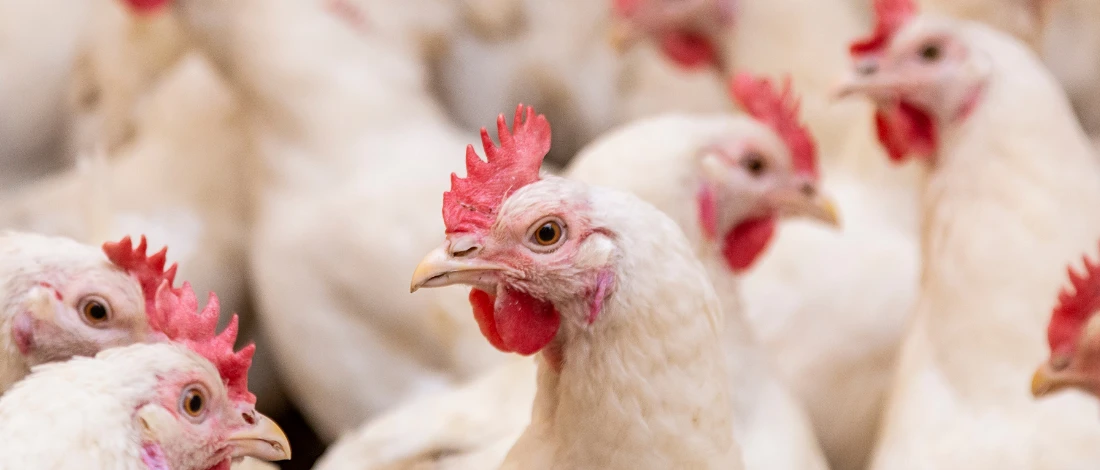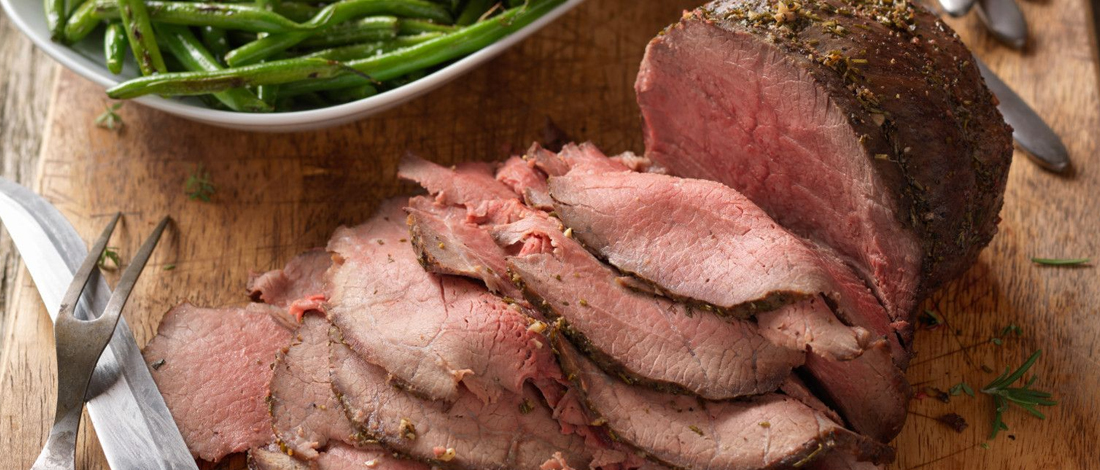Beef and the Environment: How America’s Favorite Meat Impacts the Climate
When you hear the word “beef,” what comes to mind? For many, it’s the satisfying sizzle of a juicy steak on the grill or the comforting aroma of a roast during a family dinner.
But beef isn’t just a staple of the American diet; it’s a cornerstone of agriculture and a vital part of the U.S. economy.
According to Jeff Burbrink, who explores the agricultural and environmental issues surrounding beef production, while the industry supports millions of jobs and contributes significantly to local economies, it also carries significant environmental costs that are coming into sharper focus.
The Economic Impact of Beef
Beef is not just a dietary choice—it’s a major economic driver in the U.S. From ranchers and farmers to truck drivers and meat processors, the beef industry supports a wide network of workers across the country.
It’s also a key export, with U.S. beef being sold worldwide. This makes beef a significant player in global trade, contributing to agricultural exports and sustaining local economies, especially in rural areas where ranching is a way of life.
However, as Burbrink points out, there’s a growing awareness that the beef industry’s impact extends beyond the dinner table.
The economic benefits are clear, but there’s an urgent need to examine the environmental effects that come with large-scale beef production.
The Environmental Impact of Beef Production
As much as beef is beloved for its rich flavor and versatility, it comes with a hefty environmental toll. Beef production is a major contributor to greenhouse gas emissions, especially methane, which is produced during the digestive process of cattle.
Additionally, large amounts of land and water are required for cattle farming, leading to deforestation and resource depletion.
As Burbrink notes, the environmental footprint of beef production is a critical issue that needs to be addressed if we’re to combat the escalating climate crisis.
In light of these concerns, it’s becoming increasingly important for consumers to rethink their beef consumption and consider more sustainable alternatives.
While beef remains a significant part of many people’s diets, balancing it with more environmentally friendly choices can help reduce the ecological footprint of our meals.
Want to understand how beef production affects the environment and explore eco-friendly alternatives? Visit our homepage for in-depth insights and tips.






